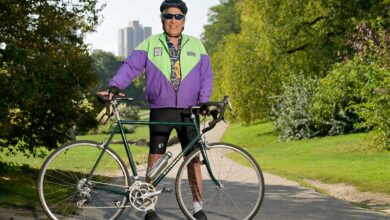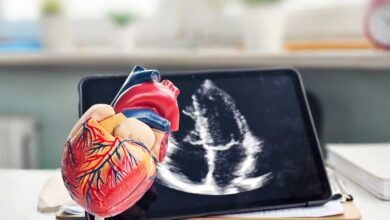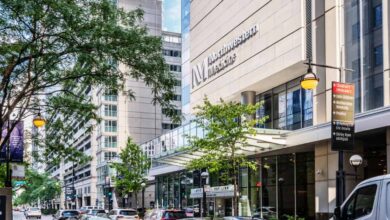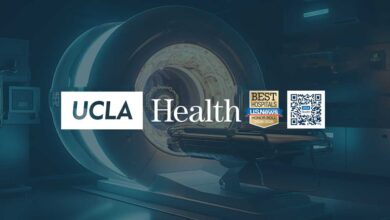Gene therapy restores immune function and extends the lives of children with a rare immune disorder
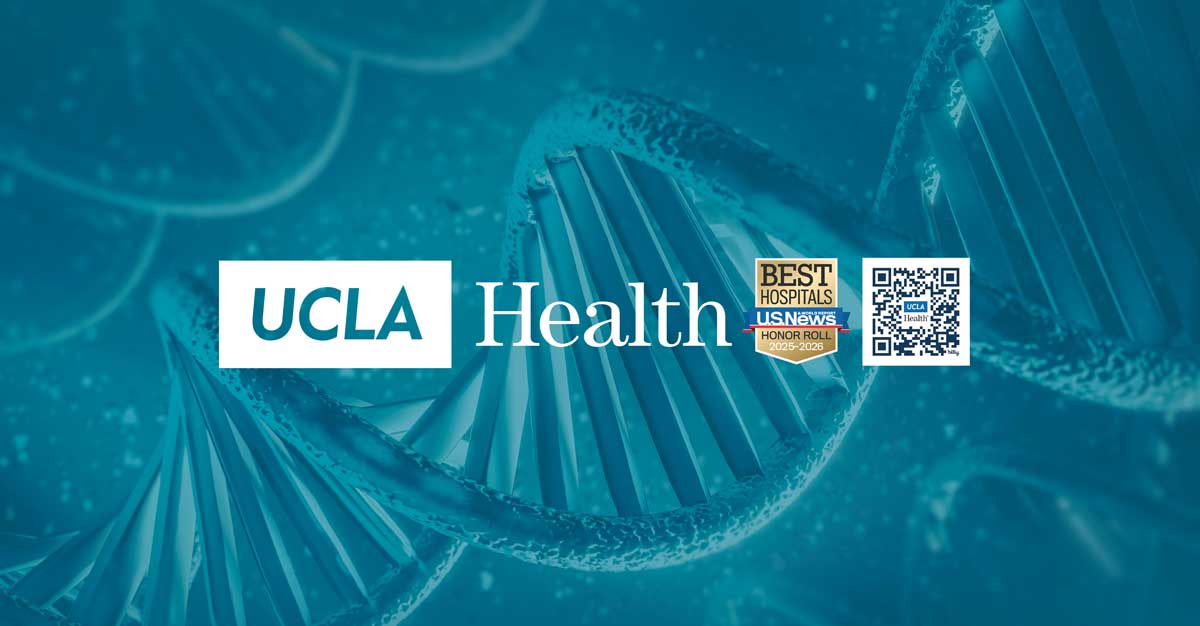
9 children born with severe LAD-l are symptom-free two years after treatment. An investigational gene therapy has successfully restored immune function in nine children with the rare and life-threatening immune disorder severe leukocyte adhesion deficiency-I, or LAD-I, in an international clinical trial co-led by UCLA Health.
LAD-I is a rare genetic disorder affecting about one in 1 million people. It’s caused by mutations in the gene that makes CD18, a protein that helps white blood cells reach infection sites. Without CD18, patients — usually diagnosed in infancy — face recurrent, life-threatening infections and rarely survive past childhood without treatment.
In a study published in the New England Journal of Medicine, senior author Dr. Donald Kohn reports two-year outcomes for nine patients age 5 months to 9 years who received the therapy across three sites: UCLA Mattel Children’s Hospital, Great Ormond Street Hospital (GOSH) in London, and the Hospital Infantil Universitario Niño Jesús in Madrid. Dr. Claire Booth and Dr. Julian Sevilla, leaders of the London and Madrid trial sites, are co-lead authors. All responded well and are now symptom-free. Skin lesions and inflamed gums have resolved, and their immune systems function normally.
“These children are no longer defined by their diagnosis,” said Dr. Kohn, a professor of microbiology, immunology and molecular genetics and member of the Eli and Edythe Broad Center of Regenerative Medicine and Stem Cell Research at UCLA. “Seeing them healthy is a testament to how consistently beneficial this therapy is.”
How LAD-I gene therapy restores immune function
Currently, the only available treatment for LAD-I is a bone marrow transplant from a matched stem cell donor. But even with a match, transplants carry risks, including graft-versus-host disease, a condition in which donor cells attack the recipient’s body.
Developed by Rocket Pharmaceuticals Inc., the therapy genetically corrects patients’ own blood stem cells, avoiding many transplant risks. Stem cells are collected, modified with a lentiviral vector carrying a working CD18 gene, then infused back into the patient, enabling the body to produce healthy immune cells capable of fighting infections.
Dr. Kohn and colleagues report that all patients reached adequate CD18 protein levels, had normalized white blood cell counts, and saw fewer severe infections needing hospitalization. No severe therapy-related side effects, graft failures, or immune reactions occurred.
UCLA Health’s role in the next steps of the clinical trial
Six of the nine patients are now enrolled in a long-term follow-up study at UCLA Health, where they will be monitored for 15 years to assess the therapy’s durability and safety.
The findings highlight gene therapy’s potential to deliver “durable, life-changing benefits” for people with rare genetic disorders, said Dr. Kohn, who is also a professor of pediatrics and of molecular and medical pharmacology at the David Geffen School of Medicine at UCLA.
The gene therapy is under review by the U.S. Food and Drug Administration. If approved, it could expand access to more children who need it.
“This therapy presents a new path in treating these rare immune conditions and reducing risks for patients,” said Dr. Booth, a consultant in pediatric immunology and gene therapy at GOSH. “It’s a momentous breakthrough for families facing this devastating disease.”
One family’s LAD-I journey
Three of the patients treated at UCLA Health — Ava, 9; Olivia, 7; and Landon, 5 — are siblings. All were born with severe LAD-I. In their early years, the family faced constant infections, emergency department visits, and medical uncertainty.
“It felt like we were fighting an uphill battle every day,” said their mother, Alicia. “Every fever, every rash, was terrifying.”
In 2020, the family enrolled in the UCLA Health trial and moved from Ohio to Los Angeles. “The risks were minimal compared to the potential reward,” said their father, Jon. “We knew we had to take this chance.”
Today, the children live vibrant lives. They attend school, play outside, and recover from everyday cuts and scrapes without issue. Their immune systems are strong.
The days of constant doctor visits and prolonged hospital stays are behind them. The siblings share memories of their journey, and their story now represents resilience and hope. “They’ve been through so much together, and it’s made them stronger,” said Alicia.
The license for this investigational lentiviral gene therapy is held by Rocket Pharmaceuticals Inc., with research support from the California Institute for Regenerative Medicine. The therapy is not yet approved for clinical use by any regulatory agency.
For more information, please visit https://www.uclahealth.org/international-services/ or call +1 310-794-8759











